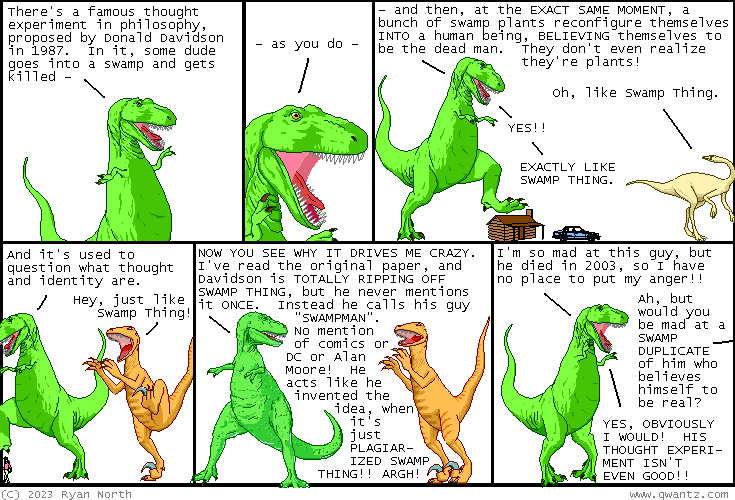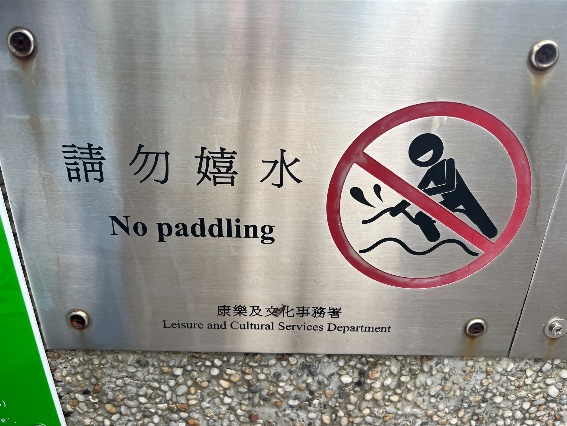The hotel where I'm staying in Morgantown, West Virginia kindly gave me a complimentary rectangular packet of freshmint toothpaste. At the top right corner of the packet, there was a dotted, diagonal line with the words "TEAR HERE" printed above it. Alas, no matter how hard I tried, I could not tear it open.
Then I thought that maybe I could RIP it open by pulling on the serrations along the upper edge of the packet. No luck.
Then I tried to BITE and GNASH the packet with my teeth. Abject failure.
Of course, I've been through all of this countless times before, and not just with toothpaste, but with packets of ketchup, mustard, mayonnaise, and all sorts of other things. It is especially dismaying when — after making a supreme effort — the packet bursts open and the contents spurt all over the place, including your clothing. The worst case is when soy sauce flies out and drips everywhere.
Read the rest of this entry »






